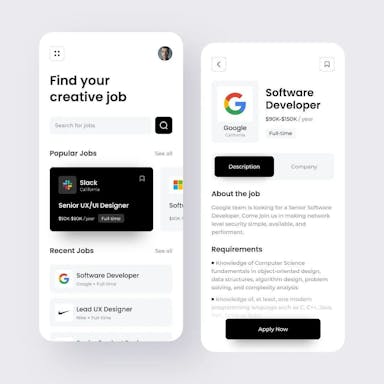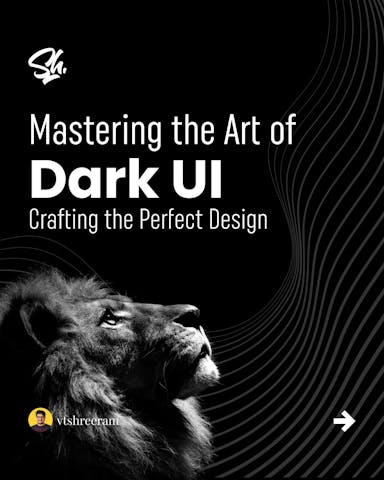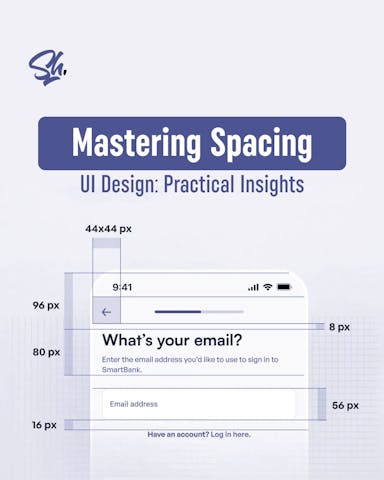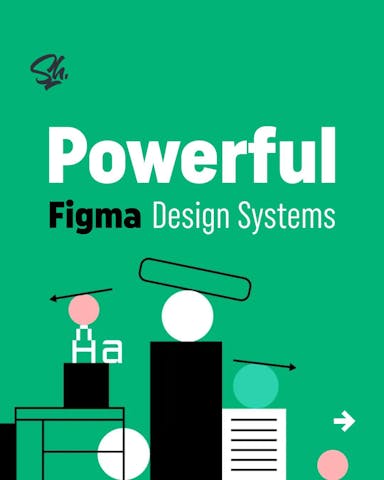Are you looking to maximize the success of your conference? The perfect conference survey questions are the key to truly understanding how to enhance event success. In this article, we will delve into the art and science of crafting the ideal conference survey, exploring significant aspects that only contribute to your event's success.
Putting together a comprehensive and engaging survey is not an easy task. But with the right questions and strategy, we can gather valuable insights that will help us make more informed decisions about how to refine future events. Join us as we discuss how to create conference survey questions that resonate with your audience and align with your goals, ensuring a remarkable experience for all attendees.

Understanding the importance of targeted conference survey questions
In today's dynamic event landscape, understanding and addressing attendees' needs and expectations is vital to ensuring your conference's success. Targeted conference survey questions play a significant role in obtaining actionable feedback that serves as a stepping stone for subsequent event improvement. Crafting such questions requires a strategic and deliberate approach, ensuring that each query contributes to a comprehensive understanding of the experience being analyzed.
One of the key benefits of targeted conference survey questions is the ability to gather specific, relevant insights from participants. By asking precise, thought-provoking questions, event organizers can obtain constructive feedback that highlights both the strengths and areas for improvement of the conference. This invaluable information paves the way for more informed decisions when planning and executing future events, enabling organizers to design engaging, memorable experiences that resonate with all attendees.
Furthermore, targeted survey questions also enable event organizers to align the overall survey process with the conference's objectives. This laser-focused approach ensures that the resulting feedback directly relates to the event's goals, further streamlining the analysis and enabling the implementation of data-driven strategies. Ultimately, targeted conference survey questions lay the foundation for insightful, actionable feedback, and are indispensable for any effective post-conference strategy.
Designing effective conference survey questions
Creating effective conference survey questions is a delicate and intricate process that requires consideration of various factors. In this section, we’ll discuss how to cater questions to different conference themes and objectives, the importance of balancing open-ended and multiple-choice formats, and the use of Likert scales for precision in feedback. These insights can help you design your survey questions strategically to capture maximum benefits from attendee feedback.
Tailoring questions for varied conference themes
Each conference has its unique theme and objectives, making it crucial to customize survey questions accordingly. For example, if you are organizing a technology conference, focus on questions related to innovation, user experience, and new trends. On the other hand, a conference on diversity and inclusion might benefit from survey questions that pertain to communication, collaboration, and overall experience. Customizing your conference survey questions to the theme and objectives helps you generate more relevant and actionable data.
Balancing open-ended and multiple-choice formats
Combining open-ended questions with multiple-choice formats allows you to gather both qualitative and quantitative information. Open-ended questions give attendees room to share detailed experiences and suggestions, yielding valuable insights into aspects that didn't cross your mind. Meanwhile, multiple-choice questions provide structured data that can easily be analyzed, making them ideal for comparisons and identifying patterns. Striking the right balance between these two formats is crucial to obtain comprehensive feedback from conference attendees.
Employing likert scales for precision
In addition to open-ended and multiple-choice questions, adding Likert scales to your survey can significantly contribute to the precision of feedback. These scales enable conference participants to express their opinions in a nuanced manner, ranging from strong agreement to strong disagreement. Measurement with Likert scales is especially handy when you want to gauge the level of satisfaction, understand how informative a session was, or assess the quality of the event organization. Implementing Likert scales in your conference surveys provides you with an accurate picture of attendee opinions, which is essential for making informed decisions for future events.

The impact of well-structured conference feedback survey questions
As event organizers, we recognize the critical role that well-structured conference feedback survey questions play in the event evaluation process. By crafting thoughtfully designed questions, we can ensure richer, quality feedback, which is instrumental in guiding our future event planning and execution. Let's delve deeper into the impact of a well-structured feedback survey on the overall success of a conference.
One significant aspect of well-structured conference feedback survey questions is that they facilitate comprehensive insights into the attendee experience. When questions are clear, concise, and logically ordered, attendees are more likely to provide in-depth and honest feedback. This enables organizers to make informed decisions about how to iterate and improve upon future events, crafting an experience more in line with participant expectations and needs.
Additionally, a thoughtfully designed conference feedback survey can increase the response rate and completion rate among attendees. When they see questions that are tailored to their experience, meticulously worded, and easy to answer, participants are more motivated to provide their valuable input. This higher response rate ultimately provides a greater data pool to draw from when evaluating the success of the conference and identifying areas for improvement.
In summary, well-structured conference feedback survey questions are essential for obtaining quality feedback and comprehensive insights about the event. They lead to better overall understanding of participant experiences and preferences, enabling event organizers to make data-driven decisions for ongoing improvements. By investing time and effort into crafting the perfect survey questions, we can ensure the enduring success and longevity of our conferences.
Incorporating conference evaluation survey questions to measure success
Accurately measuring the success of a conference lies in the utilization of well-crafted evaluation survey questions. By setting clear objectives for post-conference analysis, identifying key performance indicators in feedback, and gauging participant satisfaction and learning, event organizers can extract invaluable insights into the educational impact and overall attendee experience. In this section, we will guide you through each of these important steps.
Setting objectives for post-conference analysis
Before designing conference evaluation survey questions, it's essential to establish specific objectives for your post-conference analysis. These objectives should align with the overall goals of the event and serve as a guide for measuring conference success. Consider what you want to learn about the conference, such as the effectiveness of the speakers, attendee engagement, or networking opportunities. With well-defined objectives, you can tailor your survey questions to capture the data you need.
Identifying key performance indicators in feedback
Key performance indicators (KPIs) are essential metrics that can help you evaluate the success of your conference and make data-driven decisions for future planning. Depending on your event objectives, KPIs can include metrics like session attendance, attendee satisfaction, networking opportunities, or the number of new contacts made. Collecting feedback on these indicators through conference evaluation survey questions will provide you with valuable data to assess your event's performance and identify areas for improvement.
Gauging participant satisfaction and learning
Understanding participant satisfaction and learning is crucial for assessing the overall attendee experience and educational impact of your conference. By incorporating questions that measure both aspects, you can gain insights into what worked well and what could be improved to ensure participants gain the most value from your event. Be sure to ask about the quality of the sessions, the relevance of the content, opportunities for networking, and any desired changes for future events. By addressing participant satisfaction and learning in your evaluation survey, you can create more engaging and informative conferences that lead to lasting success.

Enhancing future events with conference follow-up survey questions
As we conclude our exploration of conference surveys, let us underscore the significance of conference follow-up survey questions as a means for continuous improvement. It is essential to not only gather feedback immediately after the event, but also implement strategies that leverage these insights to elevate future planning. Evaluating long-term outcomes allows organizers to ensure the conference has a lasting impact and foster success in subsequent events.
In designing conference follow-up survey questions, focus on understanding how the experience influenced attendees' professional growth and development. By inquiring about any skills newly applied or connections fostered after the event, organizers can assess the tangible outcomes of the conference's content and networking opportunities. This invaluable information can then be employed to enhance future events, refining the educational experience and bolstering engagement for greater participant satisfaction.
Ultimately, deploying effective conference follow-up survey questions is integral to the process of continuous improvement in event planning. Adopting a proactive approach to collecting feedback and incorporating the learnings in each new event will lead to increasingly successful conferences that cater to the evolving needs and preferences of attendees. Embrace the power of well-crafted survey questions and witness your conferences thrive!
Also Read
FAQ
What factors should be considered when crafting perfect conference survey questions?
To create perfect conference survey questions, consider the event's objectives, ensure questions resonate with participants, and focus on gathering actionable feedback to drive future improvements.
Why are targeted conference survey questions important for event organizers?
Targeted conference survey questions help extract relevant and constructive feedback, identify strengths and areas for improvement, and inform strategic decisions for future events.
How can I design effective conference survey questions?
Customize questions to fit conference themes and objectives, balance open-ended and multiple-choice formats, and use Likert scales for precision in measuring attendees' opinions.
How does a well-structured conference feedback survey improve the evaluation process?
A well-structured conference feedback survey leads to more in-depth, quality feedback and comprehensive insights for organizers by having clear, concise, and logically ordered questions.
What are key aspects to consider when incorporating conference evaluation survey questions?
Set clear objectives for post-conference analysis, identify key performance indicators in feedback, and focus on gauging participant satisfaction and what they've learned to accurately measure the event's success.
Why is it essential to use conference follow-up survey questions?
Conference follow-up survey questions serve as a tool for continuous improvement, allowing organizers to evaluate long-term outcomes and enhance future events by applying what has been learned.
Aishwarya Kapoor
Blog WriterPassionate writer who loves diving into diverse subjects. Through my engaging content, I aim to inspire and captivate readers.
Suggested Articles







